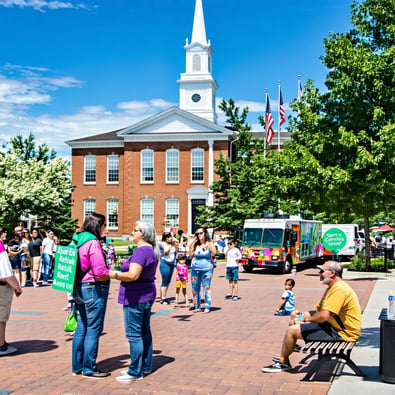Last year alone, 68 cannabis retailers cancelled or didn't renew their licenses. Just 19 stores did the same in 2021.
Increasing numbers of cannabis retailers in Alberta are getting out of the business, a testament to the many obstacles faced by the fledgling industry, say those involved in it.
Last year, 68 retailers either cancelled their licence or chose not to renew it — far more than the 19 recorded in 2021, according to Alberta Gaming, Liquor and Cannabis (AGLC).
As of Feb. 15, there were eight operators who made those decisions, putting the number on track for this year at 65.
“AGLC does not track the reason(s) why a licence was cancelled or not renewed,” the regulator said in an email.
But retailers who’ve struggled to stay in business 4½ years after recreational pot was legalized say there are many reasons for those accelerating numbers.
“While the Canadian government created the green rush, the platform has been a five-year race to the bottom,” said Karen Barry, owner of Calgary’s Beltline Cannabis.
Oversaturated market and industry kickbacks crushing smaller retailers
One lingering factor is maximum THC limits in products like edibles put legal operators at a disadvantage with the black market, which still controls about 50 per cent of sales.
Barry said financial institutions have also recently begun levying massive banking fees on cannabis retailers to the tune of more than $1,000 a month.
“They’ve just determined that after more than four years, cannabis is high risk,” said Barry, adding the fact she owns her store’s property makes her business more viable than those that pay rent.
At the same time, the number of cannabis retailers licensed in Alberta has grown to 755, up from 731 at the end of 2021 and at a pace of growth that’s slowed significantly since the end of 2020, when the figure was 547.
Barry and some of her competitors say there’s over-saturation in the market, which makes it difficult to survive.
Albertans can expect to see “more attrition this year” as five-year leases come to term and financial pressures continue to weigh.
An open secret in the industry are kickbacks paid by larger retailers to producers in exchange for filling their shelves with their products — a widespread practice not legal in Alberta, said Ryan Roch, owner of Lakeside Cannabis.
The payments allow those retailers to lower their prices which squeezes their competitors, he said.
“They’re able to offset their lower margins — it’s been very predatory … it’s very difficult for (smaller) retailers,” said Roch.
“At the same time, there’s a lot of people who’ve gotten into the business who got into the wrong locations — they had a passion but not a business acumen, and you need both.”
He said a ban on direct delivery has also been a disadvantage for legal operators.
Another challenge facing cannabis shops: strict limits promoting the products they sell or even their shops, obstacles not shared by the liquor sector, they say.
“It’s very, very difficult to let people know we even exist … the cards aren’t stacked evenly,” said Roch.
The store owner said his focus on adapting to market saturation, predatory pricing and other factors has allowed his business to thrive — something not easy to achieve.
“It’s a tough business to be in right now,” he said.
‘It’s not a model that’s providing any sustainability’
On Wednesday, a group of licensed cannabis producers told reporters in Ottawa their industry isn’t sustainable in the face of crippling federal excise taxes and regulatory hurdles — the latter they say is borne from a stigma against their product.
They also said there’s been little to no effort by law enforcement to crack down on illicit operators who sell openly while not paying taxes.
About 200 stores closed last year in Ontario, with that number expected to rise in 2023, said Cannabis Council of Canada president George Smitherman.
“It’s not a model that’s providing any sustainability in the form of profitability,” said Smitherman.
The challenges producers face, they said, trickle down into the retail sector that they supply — a view Roch of Lakeside Cannabis says is true.
In 2021-22, the AGLC sold $548.3 million worth of cannabis products to retailers in the province, an increase of 16.8 per cent over the previous year and more than double the amount in 2020.




